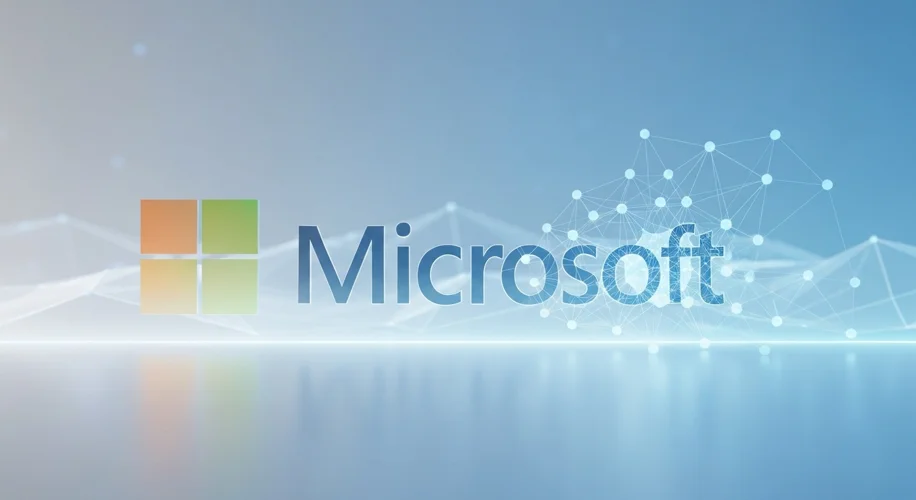Okay, so hear me out… Microsoft’s been making some serious moves in the AI space lately, and it looks like they’re starting to build their own powerful AI models. This is a pretty big deal because, for a while now, a lot of their AI magic has been powered by OpenAI. Think of it like this: instead of just using a super-smart AI assistant from another company, Microsoft is rolling up its sleeves and building its own AI brains from the ground up.
Why does this matter? Well, it signals a potential shift. Relying less on a single external partner means Microsoft has more control over its AI development, its features, and its future direction. This could mean faster innovation tailored specifically to Microsoft’s ecosystem, like Windows, Office, and Azure.
We’ve seen AI models get incredibly good at understanding language, generating text, and even coding. Companies like Google with Gemini and OpenAI with GPT models have really pushed the envelope. Now, Microsoft is stepping into that arena with its own creations. While the specifics of these new homegrown models aren’t always fully public (companies like to keep some secrets, right?), the fact that they’re investing heavily in developing their own foundational AI tech is telling.
This move isn’t just about catching up; it’s about carving out a unique path. It allows Microsoft to potentially optimize its AI for efficiency, cost, and specific applications that its customers need most. Imagine AI assistants that are even more deeply integrated into your workflow, or AI services that run more smoothly on Azure’s cloud infrastructure.
It also touches on something really interesting: AI ethics and the future of innovation. As more powerful AI tools are developed by different entities, understanding where they come from and how they’re built becomes increasingly important. Building in-house might give Microsoft a closer look at the ethical considerations and biases that can creep into AI models.
So, what does this mean for us, the users? Potentially, more robust, integrated AI experiences across Microsoft’s products. It could also mean a more diverse AI landscape, with different companies offering unique capabilities. It’s an exciting time to watch how these developments unfold and reshape the AI world we interact with every day. I’m definitely keeping an eye on this!

